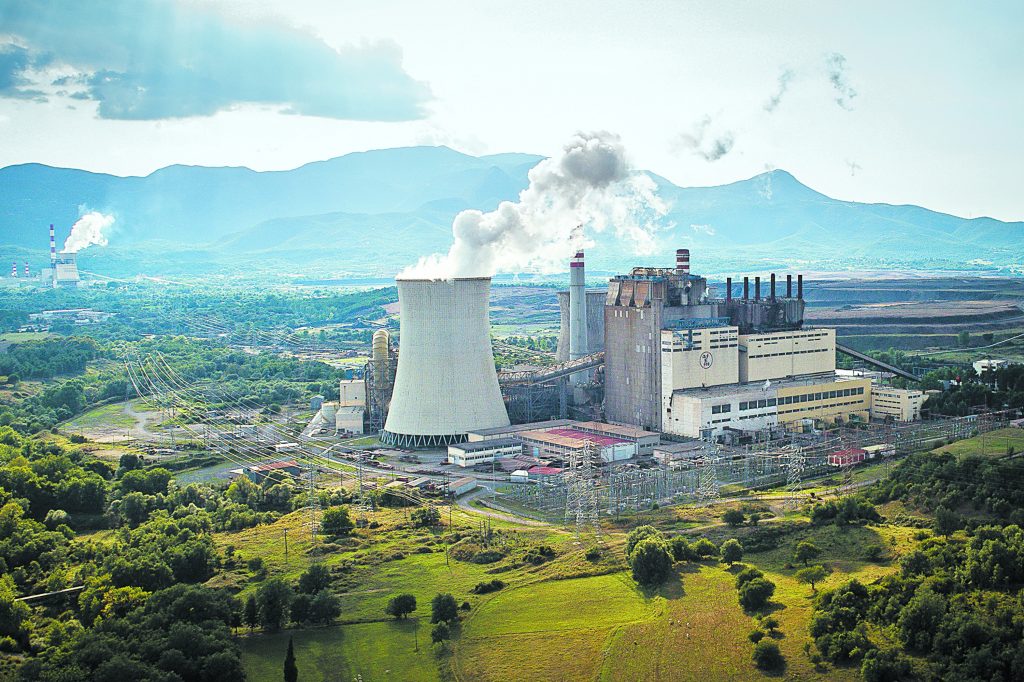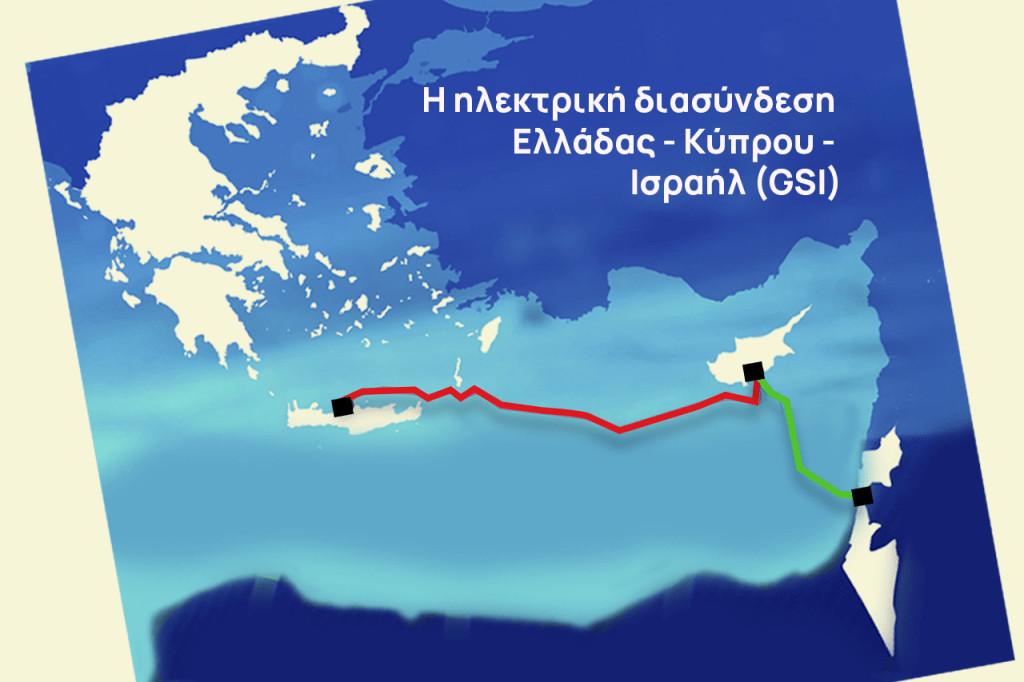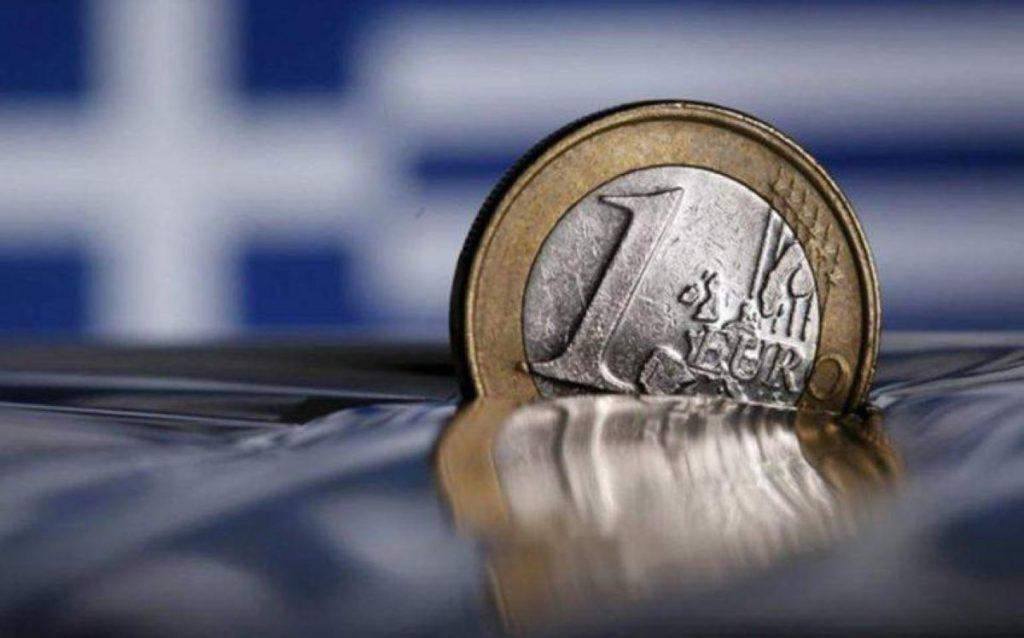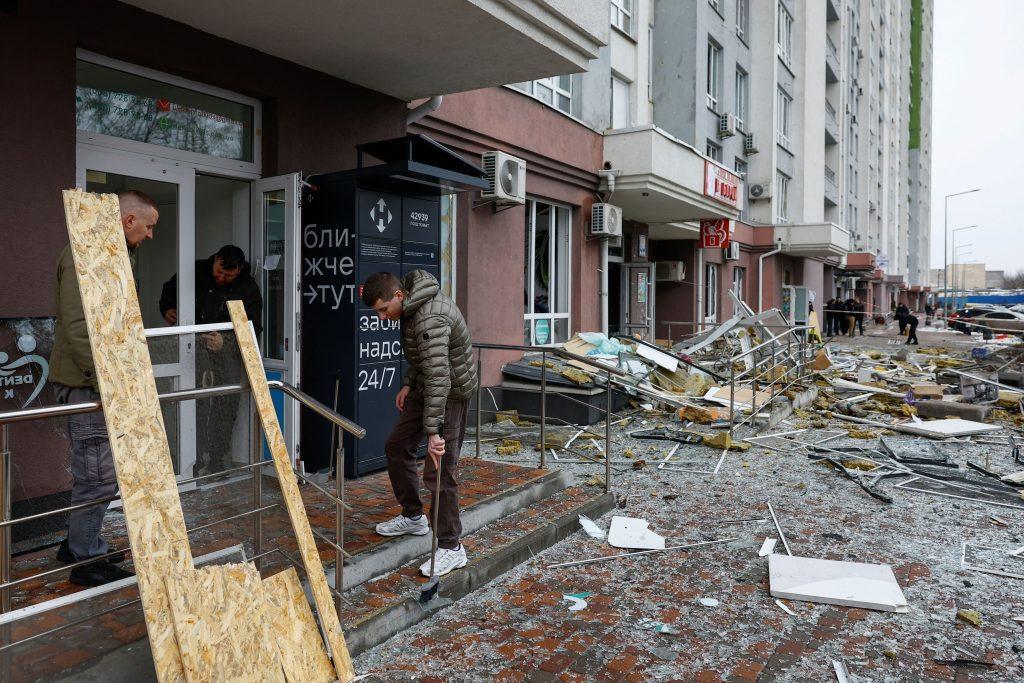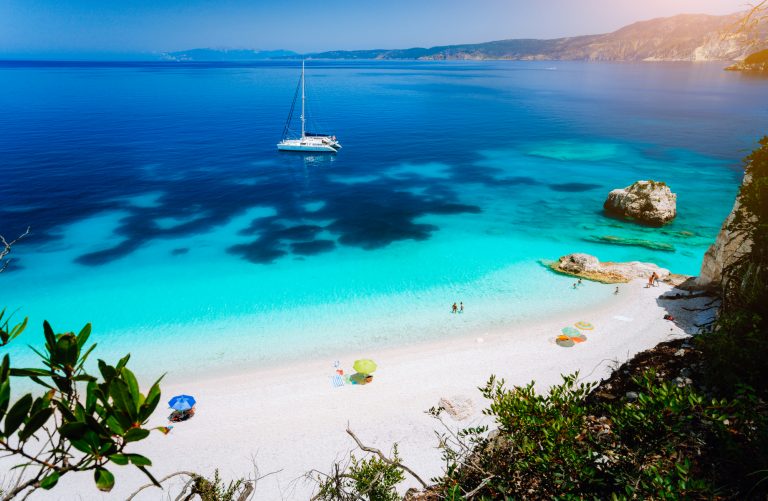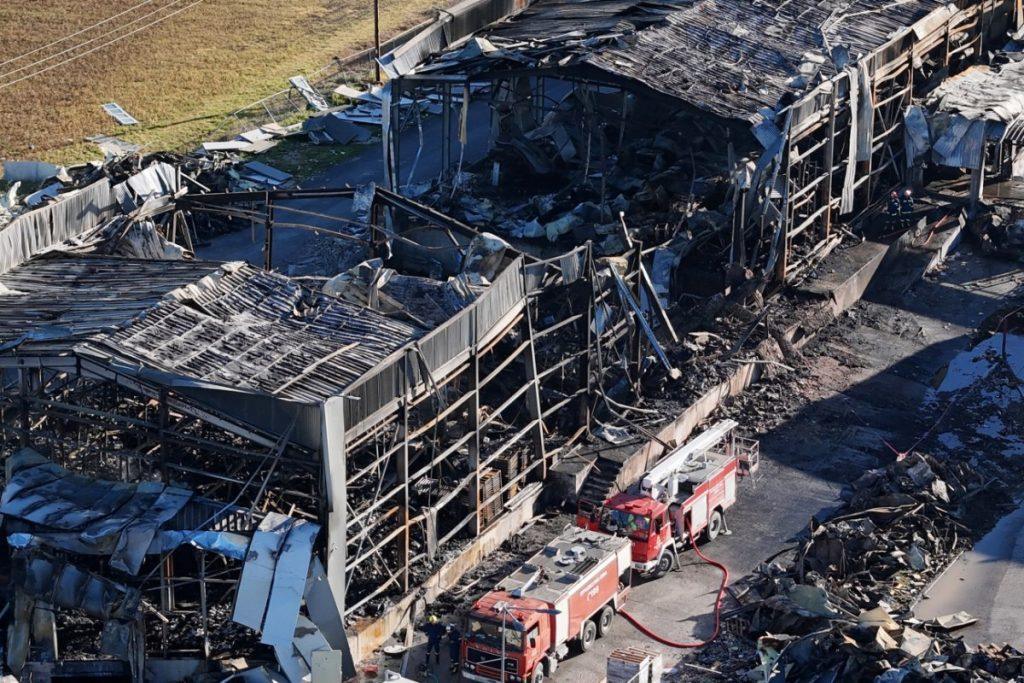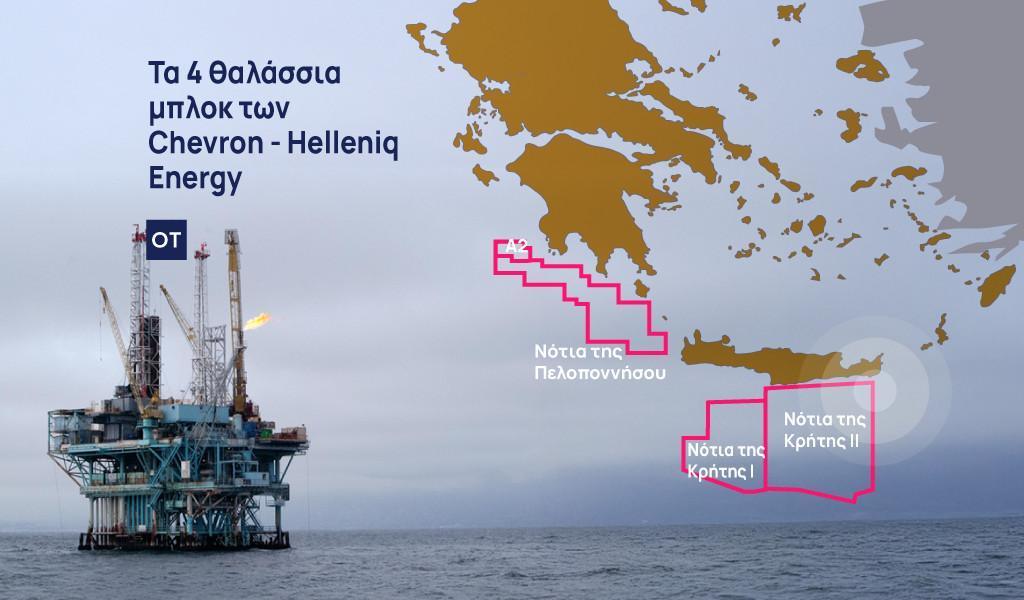We have reached a point where climate change measures have begun to cause an incredible increase in the price of electricity and a general rise in prices of consumer products. It is clear that scientific weaknesses in estimating real climate change are accompanied by tragic errors in the study of economic data on the effects of pollution control measures on the economy. The shift to renewable energy sources (RES), natural gas (which is also mineral and polluting) and the elimination of coal and lignite was done without any serious economic assessment of the consequences. The result is becoming desperately catastrophic as governments raise their hands and talk about an international, that is, an imported, crisis.
However, the decisions for the abolition of lignite, which Greece has significant own reserves, and the trade of carbon pollution rights, which from 6-7 euros per tonne is close to 100 euros, were made by the EU in which we participate and partner. In fact, some countries, e.g. Germany, secured the right to burn lignite until 2040, while we have already proceeded to its substantial abolition! In fact, other countries outside the EU still use coal and other polluting minerals (China, Russia, Australia).
I was informed that in the hands of the Greek government there is a proposal for a direct investment of 220 million euros for the construction of a factory in Megalopolis for the production of energy with new technology that can immediately deal with the increasing accuracy. From the company Clean Energy Resources Europe (CERE). The purpose of this investment is the purchase of lignite from PPC, which is no longer used, and through new technology without any pollutants to produce hydrogen and electricity at prices much lower than today. For the first time, that is, the green transition can cause growth and not bankruptcy.
The technique used is based on the combination of gasification system, methane steam reforming (SMR-steam methane reforming) and autothermal – dry reforming (Auto – Thermal Reforming ATR – dry reforming). It also produces, from pollutant lignite, “green” hydrogen (H2) which through wind turbines can be supplied as electricity to areas of the Peloponnese, and elsewhere, at very low prices. In this way a native product, lignite, can be used without being subject to the prohibitions, since there will be no pollutants, at a cost much lower than any other method.
In addition to the purely economic substance of the project, the 220 billion euros, ie the investment from their own funds, there is the tremendous benefit of reducing the cost of energy, ie electricity, and consequently a number of consumer products. Also, many PPC employees who lose their jobs in lignite, will be employed in the factory under construction. The issue is the final approval of the relevant investment so that it does not go elsewhere (claimed by Bulgaria, Romania, Hungary) making Greece the European center for the use of this technology. I hope that the relevant initiative will not be stopped and that our economy will finally benefit.
PS: The crisis in Ukraine is easing in a US-Russia agreement, with the ultimate goal of isolating China, as I had predicted a few days ago. I had previously published an article in Strategic Culture on the “technique of political forecasting”. Take a look at it here: https://www.strategic-culture.org/news/2018/07/06/art-political-forecast/
Andreas Andrianopoulos is a former minister in several Greek governments and nine-term member of the Greek parliament.
